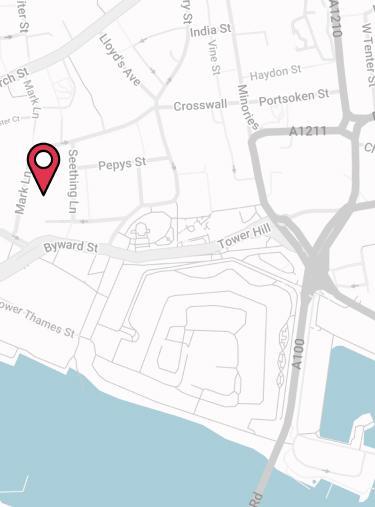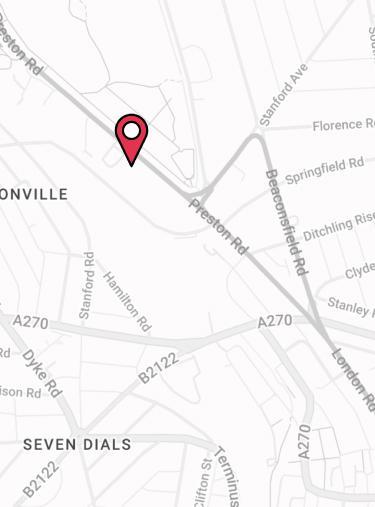
How Much Critical Illness Cover Do I Need?
What does Critical Illness Cover?
Critical Illness Insurance protects against the risk of you suffering from a serious illness or injury as per the insurers policy wording.
In the event of you becoming critically ill, you receive a cash lump sum from the insurer. The most common claims are for:
- Cancers
- Heart attacks
- Strokes
Other serious conditions typically covered include multiple sclerosis, Parkinson’s, organ failure / transplant, motor neurone disease, loss of limbs, permanent blindness and irreversible deafness.
How Much Critical Illness Cover Do I Need?
How much Critical Illness Insurance you really need depends entirely on your circumstances.
Someone with an outstanding mortgage would naturally start by looking to cover their mortgage balance however this is unlikely to be a suitable amount of cover.
What would happen if the serious illness left you too ill to work at all?
Bills, groceries and other living expenses will continue to pile up without a regular income to meet them. It’s therefore usually sensible to have some cover over and above your mortgage to maintain your lifestyle if you can’t work.
Paying for private medical treatment
Cancer drugs in particular are incredibly expensive – some so much so that they’re not typically recommended for use by the NHS and are only available privately.
For instance, in 2018 two drugs that were approved for use by the NHS that were previously not used due to cost included Kymriah, an immunotherapy drug for the treatment of blood cancer, and pembrolizumab, a lung cancer treatment.
A single course of Kymriah costs £282,000 and pembrolizumab costs £84,000 at full list price.
If you had to fund these yourself because they weren’t available on the NHS but your consultant thought they may benefit you, this would clearly be hugely expensive. A Critical Illness Insurance payout could be the financial lifeline you need to fund such treatment.
Working Out How Much Critical Illness Insurance is Enough
How much cover you need will really depend on your personal circumstances and your budget.
You can use the payout from a Critical Illness Insurance policy however you wish. However, the most common financial commitments and additional costs that you may want to consider covering include:
- Paying off mortgage and non-mortgage loans
- Meeting general living expenses (bills, rent, groceries, school fees) if you can’t work
- Adapting a home to accommodate a new disability (e.g. installing an accessible bathroom or a wheelchair ramp)
- Buying other disability equipment
- Paying for medical / nursing care
- Covering private medical expenses if there is a treatment you could benefit from that’s unavailable on the NHS.
You might be able to use savings or other assets to fund some of these expenditures, which could reduce the amount of Critical Illness Insurance you need.
You may also be entitled to government incapacity benefits, which could help provide some form of income into your household if you can’t work.

When talking to clients we often recommend combining a level of Critical Illness Cover with an Income Protection policy.
The Critical Illness Insurance will take care of any outstanding loans whilst the Income Protection will make sure you can meet the regular monthly expenditure which will continue regardless such as utility bills, council tax and groceries.
Rauri Taylor
Independent Protection Specialist
Income Protection or Critical Illness Cover?
Although a lump sum payout can be incredibly useful if you’re off work, it can be hard to work out just how much Critical Illness Insurance you really need when it comes to covering all your potential expenses.
- Do you need funds to cover your outgoings for a few months or a few years?
- What if your illness was so severe you could never work again?
Covering lost income with Critical Illness Cover can be prohibitively expensive
The average UK worker earns approximately £30,000 per year.
If a 35-year-old became so ill or injured they could never work again, they’d need £900,000 as a lump sum just to cover lost wages to see them through to retirement at 65.
This is before considering any ‘extra’ cash on top of replacing wages, such as for repaying an outstanding mortgage or covering private medical treatment.
How much does £900,000 of Critical Illness cost?
Premiums for £900,000 of Decreasing Life and Critical Illness Insurance for a healthy 35-year-old would be around £210 per month – is this a realistic monthly cost?
Is Income Protection more suitable?
It’s here Income Protection can step in to provide valuable cover and greater certainty.
Income Protection is designed to pay out a proportion of your gross income each month if you suffer an accident or sickness that renders you unable to work.
The best policies will pay out indefinitely, so if you were told you could never work again you’ll keep receiving a monthly income from the policy right up until the cease age (usually set to your retirement).
To work out how much accident and sickness insurance you’ll need you simply take your core monthly outgoings such as:
- Mortgage / Rent
- Council Tax, Utilities and other bills
- Groceries
- Vehicle running costs,
- School fees etc.
Add them together and this forms the level of monthly income you’ll need hitting your bank account to maintain your lifestyle while you cannot work due to illness or injury.
For more information read our Income Protection vs Critical Illness Insurance guide.

Income Protection can be seen as more comprehensive than Critical Illness Cover because there are no preset conditions you need to meet to secure a payout.
The threshold for an Income Protection claim is simply anything that medically prevents you from doing your job.
Danny Gill
Independent Protection Specialist
Need Critical Illness Insurance Advice?
Setting up the most suitable Critical Illness Cover particular when it comes to getting the right level of cover can become both confusing and time consuming. If you need some help then please don’t hesitate to get in touch.
Why Speak to Us?
When it comes to protecting yourself and your finances, you deserve first-class service. Here’s why you should talk to us:
- There’s no fee for our service
- We’re an award-winning independent insurance broker, working with the leading UK insurers
- You’ll speak to a dedicated specialist from start to finish
- 4100 and growing independent client reviews rating us at 4.92 / 5
- Claims support when you need it most
- We’re authorised and regulated by the Financial Conduct Authority. Find us on the financial services register.
- Topics
- Critical Illness Cover
Contact Us
125-135 Preston Road
Brighton
BN1 6AF
Cookies
Drewberry™ uses cookies to offer you the best experience online. By continuing to use our website you agree to the use of cookies including for ad personalization.
If you would like to know more about cookies and how to manage them please view our privacy & cookie policy.








